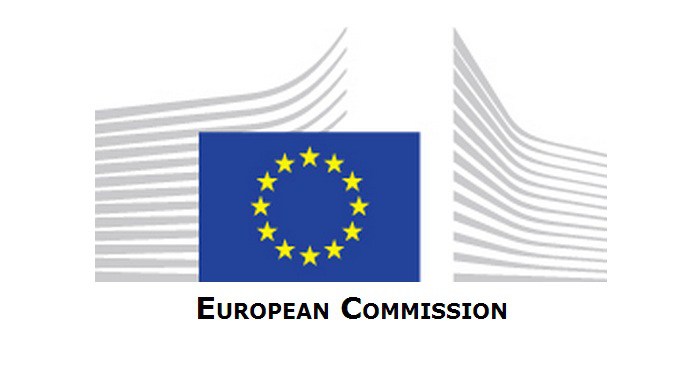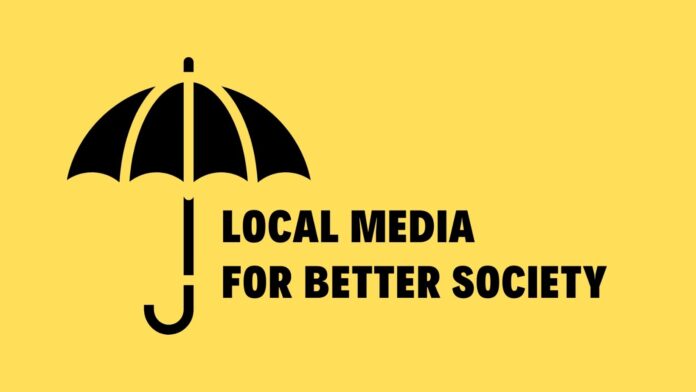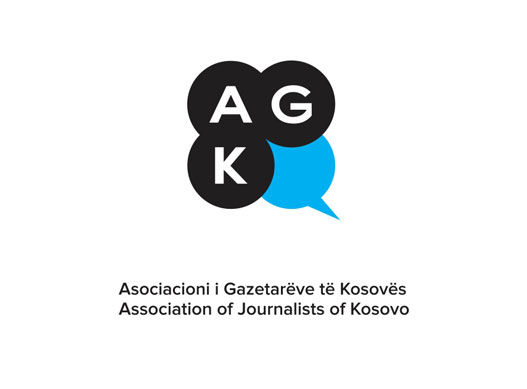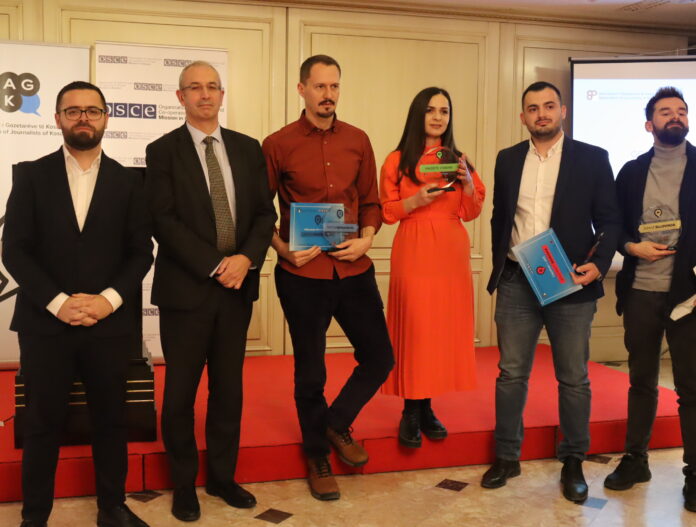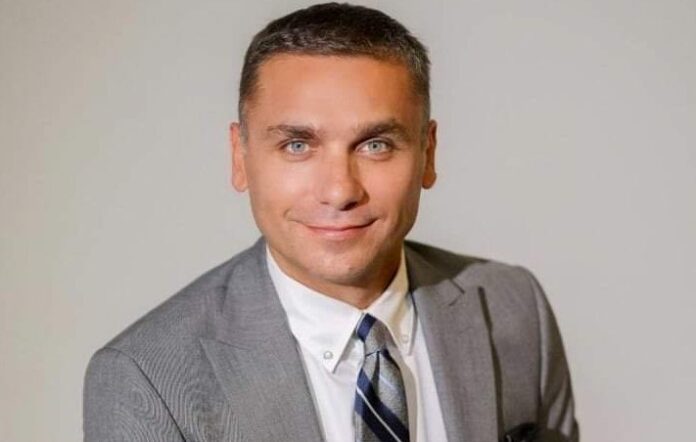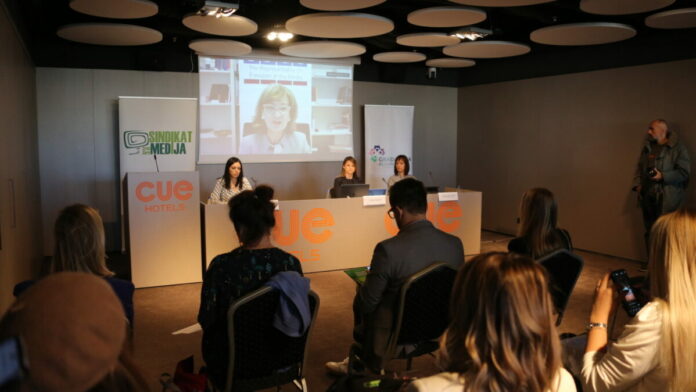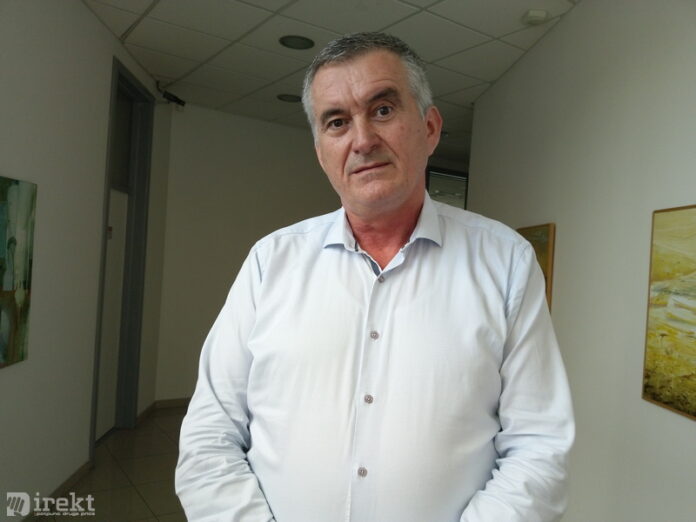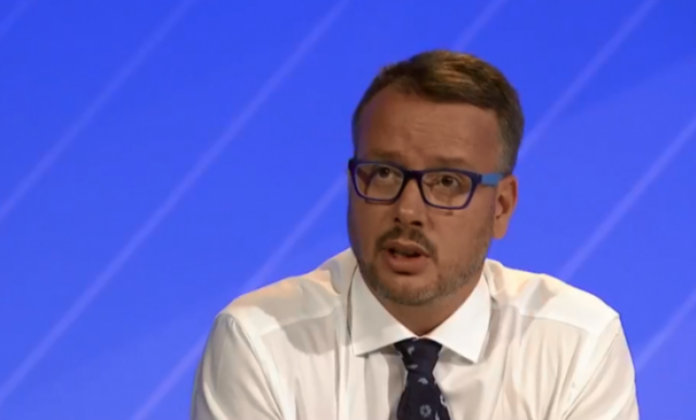PODGORICA, 20.12.2021. – The Trade Union of Media of Montenegro (SMCG) and the Civic Alliance (GA) organized a two-day conference “Days of Media Freedom in Montenegro” on the 16th and 17th of December, which aimed to analyze and make recommendations for improving various areas of media freedom.
The conference was opened by the Minister of Public Administration, Digital Society and Media Tamara Srzentic, who said that the Ministry had set ambitious goals: to legally regulate and improve the media sector in an appropriate way, to ensure the safety of journalists and thus bring the media to a level similar to that achieved in some EU member states.
She said that journalism should never serve the centers of political, economic or any other power, because its exclusive goal, as she pointed out, is to fight for the interests of all citizens and their right to be objectively, balanced and truthfully informed.
The OSCE Representative on Freedom of the Media, Teresa Ribeiro, said that during her tenure she faced a rapid loss of public trust in the media and growing discontent with the media, saying it was caused by populism of politicians and authorities and worsened by misinformation.
“I appeal to politicians and public officials to refrain from harmful rhetoric and to enable an environment in which freedom of expression will flourish. This negative development has significantly affected the safety and working conditions of journalists,” Ribeiro pointed out in her first address to the Montenegrin public.
President of the Trade Union of Media of Montenegro, Marijana Camovic Veličkovic, reminded that the organization has been monitoring the situation in the media in Montenegro since its establishment and that is trying to improve it.
“If employees in the media are underpaid or censored or self-censored, we will talk in vain about high standards in journalism. If we have laws that do not support media freedom and do not encourage journalists, as well as other employees to feel free and protected on the street and in the workplace from attackers and employers, we do not have free media,” said Camovic Velickovic.
She said that in the past period, they analyzed the situation in the media and gave recommendations for creating a safe, secure and professional environment for journalists and other employees in the media.
During the panel “Socio-economic position of media employees”, SMCG researcher Bojana Konatar, presenting the research conducted by SMCG from October to December this year in the form of an online survey, said that the survey was sent to more than 200 addresses and received responses from 87 journalists and editors.
The research, as she pointed out, showed that the average day of journalists, for more than a third of employees, lasts longer than eight hours. On the other hand, about 23 percent of respondents work eight hours a day, and slightly more than 12 percent of them work six hours a day.
“As many as 79 percent of journalists work overtime, of which 37 percent often, and 41 percent of them said that they sometimes worked that way. However, the fact that as many as 69 percent of them have never received compensation for overtime work speaks of their position in the newsrooms, “said Konatar.
She pointed out that 38 percent of journalists earn less than the average – 500 euros.
“30 percent of respondents have a salary higher than 600 euros, and every fourth journalist in Montenegro receives between 500 and 600 euros net, and it can be said that he earns at the level of the average in the country,” said Konatar.
The interviewed journalists said that they have great freedom in their work, but as many as 45% of them used to censor content.
Speaking about the position of journalists in local media, the representative of Radio Berane Milena Bubanja Obradovic, said that the problems faced by employees in local media are large and easily noticeable, stating that they are reflected in other employees in the media in Montenegro.
“Out of 16 local public broadcasters founded by the municipality, only seven have positive business. Only three local public broadcasters generate significant income, of a few tens of thousands of euros,” said Obradovic.
Speaking about the business of the media during 2020, the representative of SMCG Predrag Nikolic, said that in Montenegro there is a large number of media in the small market, stating that out of 189 media last year, only 70 operated positively, 14 were at zero, while 68 operated negatively, and 34 did not receive data.
“The biggest plus was Radio Television of Montenegro, because 90 percent of the income comes from the state budget. The daily and weekly press still have the highest income among private media, while private television, despite the trends of improvement, still operates in the red. There are a large number of radio stations, with a small number of employees, which operate positively,” said Nikolic.
During the panel “Ethical reporting of the media on vulnerable groups”, the researcher of the NGO Civic Alliance, Mehdina Kasic Sutkovic, said that the organization followed the texts related to vulnerable groups, which include migrants, women, people with disabilities, LGBTIQ. Roma and other minority nations.
“In the period from January 18 to November 17 this year, the Civic Alliance monitored 11 portals, of which five were national and six regional. In the mentioned period, the monitoring included and analyzed 1,108 texts that treated members of vulnerable groups in their content or comments, “said Kasic Sutkovic.
The representative of the LGBT Forum Progres, Bojana Jokic, assessed that there is progress when it comes to media coverage of the LGBTIQ population.
“There are a large number of articles that treat LGBTIQ issues as they should and it is much less common to use inadequate terminology,” Jokic pointed out. She added that the media should remove offensive comments on social networks, which refer to the LGBTIQ community.
The representative of the Association of Paraplegics of Podgorica, Dejan Basanovic, believes that progress is evident when it comes to media coverage of PWD, stating that the biggest problem with reporting occurred in terminology.
“Previously, PWD was reported through a medical or functional model. I insist that we should deal with the human rights model, that is, look at a person with a disability as a person,” Basanovic pointed out.
The representative of the NGO Step with Us – Phiren Amenca, Andrija Djukanovic, said that media coverage of Roma has recently improved in terms of quality and quantity, but that there are elements that should be still improved.
“The volume of reporting on Roma is greatest in the months and days when important dates in the history or culture of the Roma population are marked, such as April 8 or November 5. Media reporting refers to the monitoring and reporting of planned events, such as round tables, conferences, humanitarian actions,” said Djukanovic.
During the second day of the conference, the focus was on the safety of media workers and the efficiency of existing media regulations.
In his introductory speech, the Minister of the Interior, Sergej Sekulović, said that Montenegro does not have much reason to brag when it comes to the safety of media workers.
“We bear the burden of certain old cases that have remained unresolved, and until we remove that burden, it is difficult for us to make a decisive and real step forward in the area of freedom of expression and in the context of European integration,” said Sekulovic.
The basic state prosecutor, Vukas Radonjic, said that they use the cases of attacks on journalists and media workers in the Prosecutor’s Office as a warning and a lesson.
„I have to call on all journalists to contact the State Prosecutor’s Office at all times, in any situation, either due to official obligations or journalistic tasks, or because you feel threatened and hindered in doing your job. Through filing criminal charges, but through direct communication with me, because I believe that we are all on the same task and that we will all together achieve mutual and direct communication, mutual cooperation and understanding, we will succeed in achieving certain results,” said Radonjic.
The President of the European Federation of Journalists, Mogens Blicher Bjerregard, believes that a national action plan for the safety of journalists and the issue of impunity should be created in Montenegro.
“When you have a national action plan that includes that the authorities should take responsibility as we could hear from the prosecutor and the minister, there is a responsibility to protect journalists that should be taken because the safety of journalists is a struggle for democracy,” Bjerregard said.
According to him, it is necessary to ensure that political leaders and politicians in the Government and the state unconditionally support media freedoms.
As part of the panel on the safety of media workers, the program director of the CA, Milan Radović, said that 25 attacks were registered from January to the end of November this year, explaining that this was an increase compared to last year when there were 17.
“We classified five attacks as attacks on journalists, physical attacks, four cases in the category of death threats to journalists or related persons, nine cases in the category of other threats to journalists, we have four cases in the category of threats to the media and media organizations and three cases in the category of attacks on the media and media organizations,” said Radovic.
The executive director of the Action for Human Rights, Tea Gorjanc Prelevic, said that conducting effective investigations into attacks on journalists should be a priority.
“We believe that it is very important that the Parliament of Montenegro ascertains the situation as it is – that the number of attacks is increasing and that it must act additionally for the purpose of prevention,” said Gorjanc Prelevic.
She assessed that the protection of journalists’ safety must not be connected in any way with what they write.
“If they write well, if they write badly, that is irrelevant. And a journalist who writes lies should be safe, “said Gorjanc Prelevic.
The representative of the SMCG, Drazen Djuraskovic, said that initiating proceedings against parts and reputations, regardless of the final court epilogue, represents pressure and influences journalists by causing self-censorship.
“On the other hand, while there were 54 cases in the courts due to damage to parts and reputations of all existing self-regulatory mechanisms, 29 complaints were registered. These data indicate the need to create more serious self-regulation, primarily by all media operating in the media system, and this would indirectly strengthen public confidence in its mechanisms,” said Djuraskovic.
Within the panel on the efficiency of media legislation, the President of the SMCG, Marijana Camović Veličković, reminded that the organization advocated the development of a media strategy even before the then Prime Minister announced it in 2016.
“We dealt with the Law on Media. Although the Law was innovated and adopted in August 2020, we believe that it is still not good and that it should be changed in several segments and that much can be done to improve working conditions in the media, especially in terms of reducing censorship and self-censorship. stated Camovic Velickovic, reminding that they had 15 amendments to that law, emphasizing also the other legislation that was subject to propositions.
The representative of the Montenegro Media Institute, Olivera Nikolic, assessed that there was no designed, strategic approach to solving problems in the media and the media community in Montenegro.
“Mostly it was done ad hoc, in accordance with the particular interests of political or media actors or with the ‘pushing’ of the international community that some standard should be met. At the initiative of several NGOs, a proposal was included to work on a systematic approach to media policies, “said Nikolic.
Acting Director of the Media Directorate at the Ministry of Public Administration, Digital Society and Media, Nedjeljko Rudovic, said they were currently working on a second draft media strategy after two months of work.
The key area is attacks on journalists and threats to journalists, because here we are trying to define operational measures and activities that would aim to reduce the scope of attacks, threats, harassment to zero, if possible, or to the extent of reason, and I think that it is also possible“, Rudovic pointed out.
During the two-day conference, a total of 29 recommendations for the improvement of various areas of media freedom were presented, and the most, 15 in the area of improving the position of employees in the media.
The conference was organized as part of a project financially supported by the Balkan Democracy Fund, the German Marshall Fund project of the United States and the Norwegian Ministry of Foreign Affairs.


